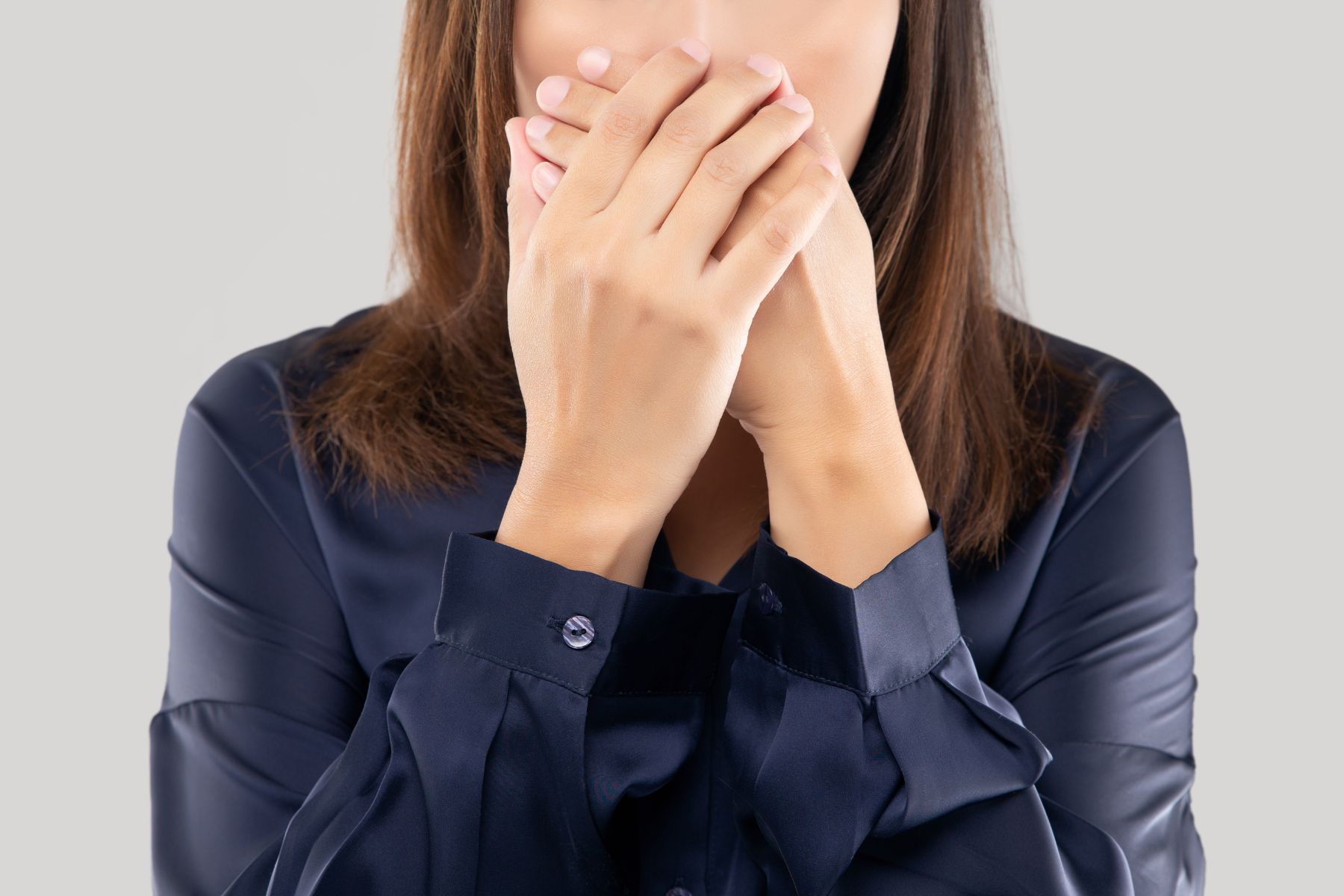Photo by eddows_arunothai On Envato Elements
Having bad breath can be a danger to your health and can be bothersome to people in your vicinity.
Persistent bad breath, known as halitosis, is a common consequence of allowing bacteria and germs to accumulate in your mouth when it is not properly cleaned. Not only is this an unpleasant condition, but it can be a problem for those who are in close contact with the person affected.
You may be amazed to learn what can be the root cause of unpleasant breath.
1. An Absence of Proper Dental Care may Result in Unpleasant Halitosis
Not brushing your teeth for even a single day can lead to people avoiding you, and experts at Unicare Dental Center point to this as one of the major causes of halitosis. This cause may not come as a surprise, though.
When it comes to halitosis, food particles often play a role. After consuming a meal, tiny fragments of your lunch or dinner can get lodged in your teeth and become a breeding ground for bacteria. This, in turn, can lead to an unpleasant smell coming from your mouth. That’s why your colleagues might give you a strange look when you say hello in the morning.
Good oral hygiene, such as brushing and flossing, after consuming food can help remove food particles and deter bacteria from gathering which is often the cause of bad breath.
Consume Plenty of H2O to Stop Unpleasant Odors from the Mouth.
If brushing your teeth after every meal is not an option, drinking water can help remove food particles that are left behind. This will stop bacteria from accumulating and cause fewer cases of bad breath. Water is more beneficial than sugary drinks after meals since sugar enhances the development of bacteria.
2. Alcohol Consumption may be the Source of Unpleasant Breath
Those with alcoholism are among the most frequent sufferers of bad breath, due to various health issues that disrupt their digestive systems. As alcohol is ingested, it quickly goes through the small intestine and stomach walls into the bloodstream.
This path avoids the typical digestive procedure, meaning any dangerous compounds you take in are not processed correctly in the course of the digestive process. This can damage your inner organs, as well as your esophagus, leading to bad breath.
The ingestion of alcohol can result in copious amounts of regurgitation and belching, allowing for a back-flow of stomach acids and other substances into the oral cavity. This makes alcohol one of the primary causes of halitosis, especially in the United States.
3. Omitting Breakfast Could Lead to Halitosis
Bypassing morning meals may result in bad breath. The human body naturally produces saliva which is crucial for maintaining oral, esophageal, and digestive health. It is like the engine oil for the mouth and the gut.
When one breaks their fast in the morning, the salivary glands are activated, enabling the digestive system to perform its duties. Missing breakfast, however, prevents saliva production and causes dryness and bad breath.
Contact Us 713-995-4000




